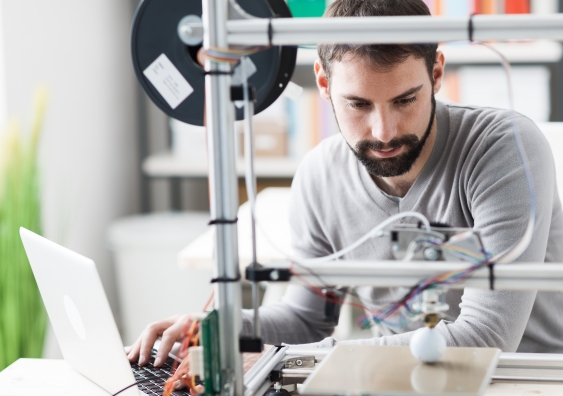Three-sided PhD to bridge the university-industry gap
A unique three-way partnership between UNSW, industry and the CSIRO will link high-performing early career researchers and industry, with tangible benefits to the national economy, writes Laura Poole-Warren.


